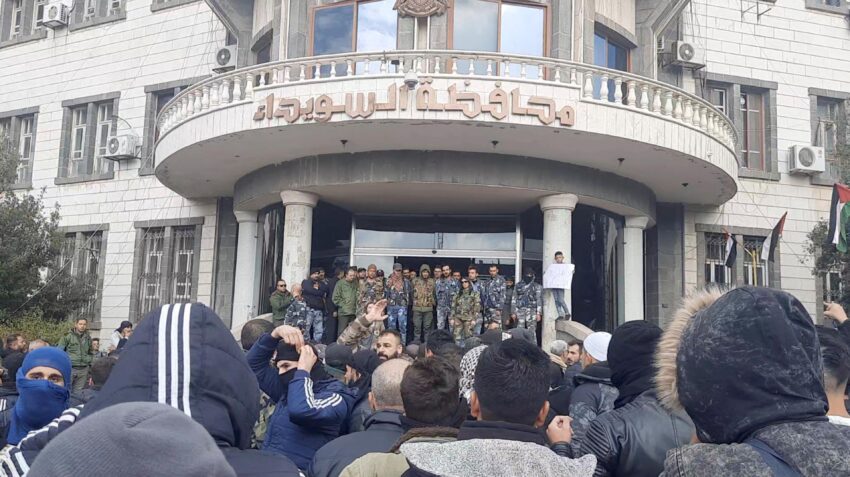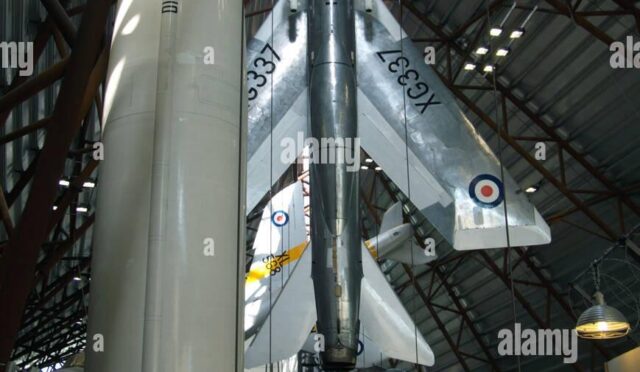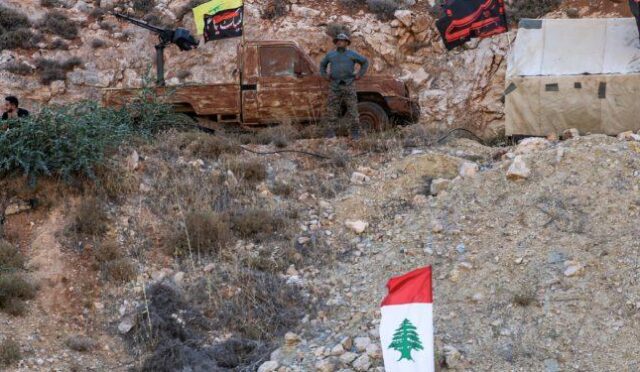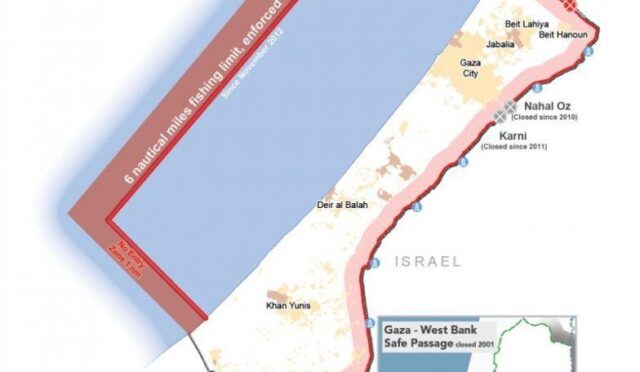Violence Erupts in Sweida, Syria: 50 Casualties Reported
On Monday, security forces were deployed in the southern province of Sweida following violent clashes that claimed the lives of at least 50 individuals, as reported by a monitoring group. This escalation of sectarian violence starkly highlights the difficulties confronting the interim administration led by Ahmad al-Sharaa, especially in a nation still grappling with the aftermath of a brutal 14-year civil war.
The clashes, which commenced on Sunday, persistently erupted in various villages throughout Monday, according to reports from the Syrian Observatory for Human Rights and the news outlet Suwayda 24. The violence allegedly ignited when armed Bedouins abducted a Druze vegetable vendor along a major highway linking Sweida to Damascus. This incident triggered retaliatory abductions from both parties, although reports indicated that those taken were released later that night.
Death Toll Rises Amidst Continued Violence
The Syrian Observatory has updated the death toll to 50, including 34 members of the Druze community—among them two children—alongside 10 Bedouins and six members of the security forces, a figure corroborated by state television. Meanwhile, the crucial highway between Damascus and Sweida remains closed, intensifying the difficulties faced by residents caught in the conflict. The defense ministry has reported a separate toll of 30 dead and approximately 100 wounded, with further injuries arising from gunfire and mortar rounds in Sweida city and surrounding areas.
In response to the escalating violence, Syria’s defense and interior ministries have announced the deployment of military units to restore order. They also plan to establish safe corridors for civilians and emphasize the necessity of swiftly and decisively ending the clashes. According to Interior Minister Anas Khattab, the root cause of ongoing tensions in Sweida stems from a deficiency of state institutions, underscoring the urgent need to reactivate these bodies to ensure civil peace.
Historical Context of Conflict in Sweida
The current unrest follows a grave period of violence earlier this year, particularly in April and May, when confrontations between Druze fighters and the security forces led to more than 100 deaths. Reports indicate that Sunni Bedouin tribes allied with the security forces during these disputes. Previous interventions by local leaders and religious figures successfully brokered calm, resulting in the Druze community assuming control of local security in Sweida as of May, despite the continuing presence of armed Bedouins.
Amid the recent turmoil, Sweida’s governor, Mustapha al-Bakur, urged citizens to exercise restraint, while local Druze leaders called for immediate intervention from authorities. Additionally, in light of the violence, the education ministry announced the postponement of previously scheduled secondary school exams for the province.
Druze Population: A Fragile Community in Syria
Before the onset of the civil war, approximately 700,000 Druze resided in Syria, primarily within Sweida province. The Druze are followers of a distinct religious tradition that branches from Shiite Islam and are predominantly found in Syria, Lebanon, and Israel. A long-standing rivalry exists between Bedouin and Druze factions in Sweida, periodically erupting into violent skirmishes.
Recent attacks targeting the Alawite community have exacerbated existing tensions, resulting in over 1,700 casualties and raising fears among minority groups regarding their safety under the new Syrian authorities. Following these troubling events, Israel—having occupied parts of Syria’s Golan Heights since 1967—claimed the necessity to safeguard the Druze, justifying military actions including a strike near Damascus earlier in May.
Israel’s Role and Druze Community Dynamics
Israel’s interest in the safety of the Druze community is underscored by its own population of about 152,000 Druze, which includes 24,000 residing in the Israeli-occupied Golan Heights. However, the citizenship status of these individuals reveals a stark reality; less than five percent possess Israeli citizenship, leading to complex dynamics between the Druze community in Syria and Israel.
This precarious situation continues to evolve, revealing the deep-rooted complexities surrounding sectarian identities and regional politics. The unfolding violence in Sweida serves as a stark reminder of the fragility of peace in a region still haunted by conflict.







